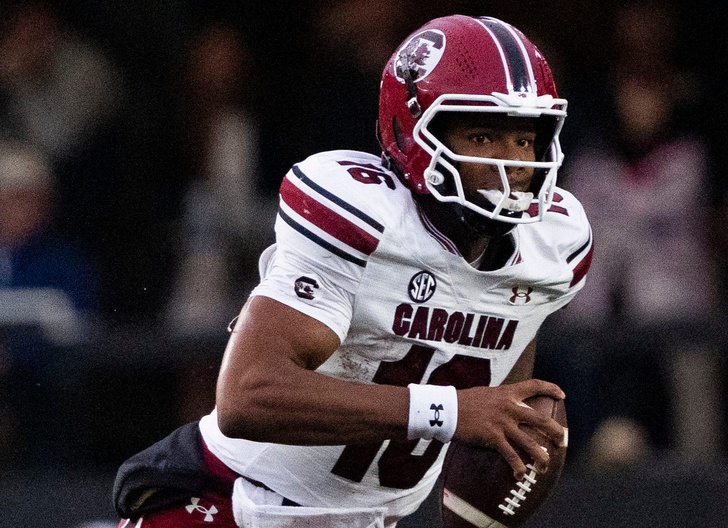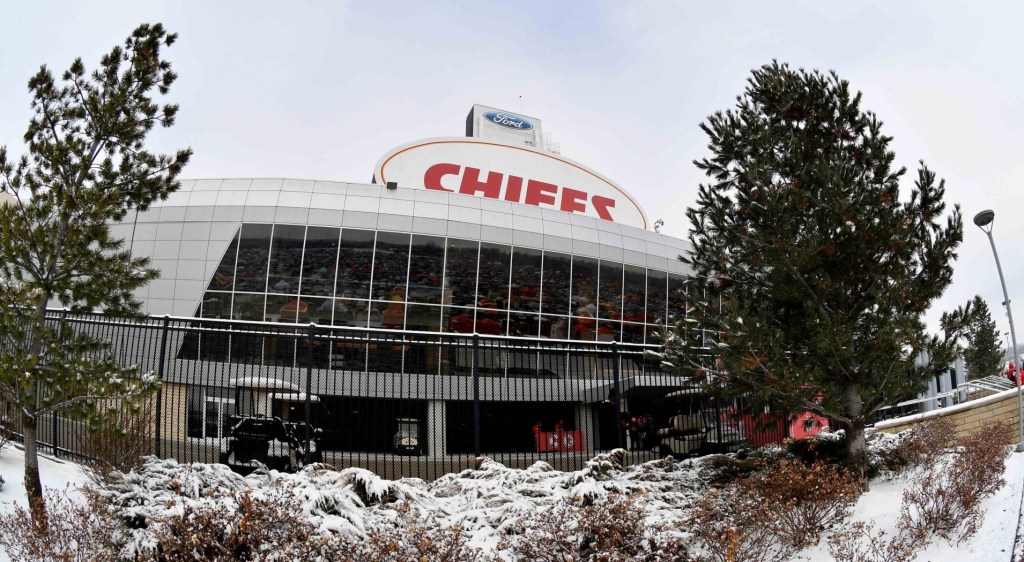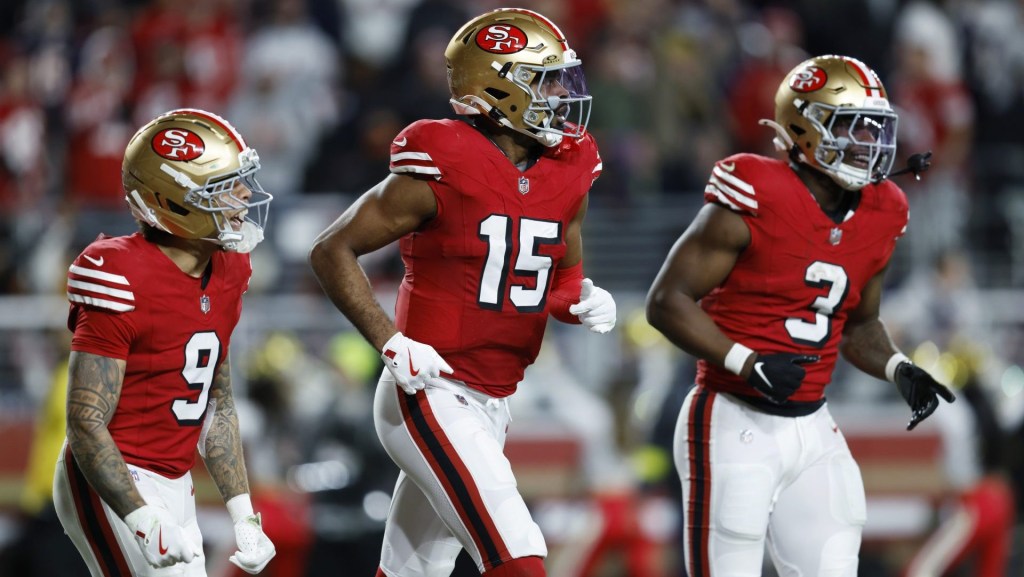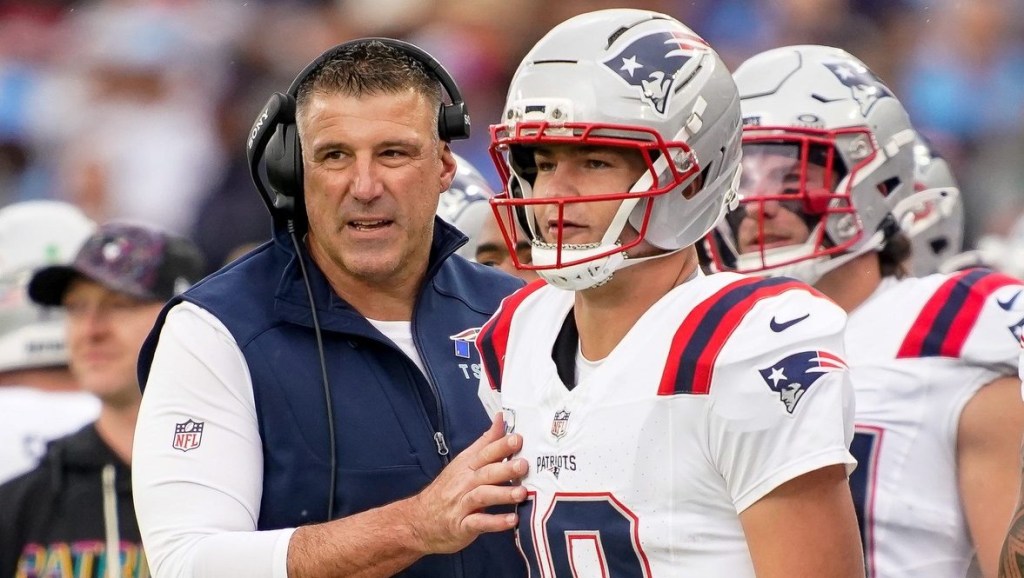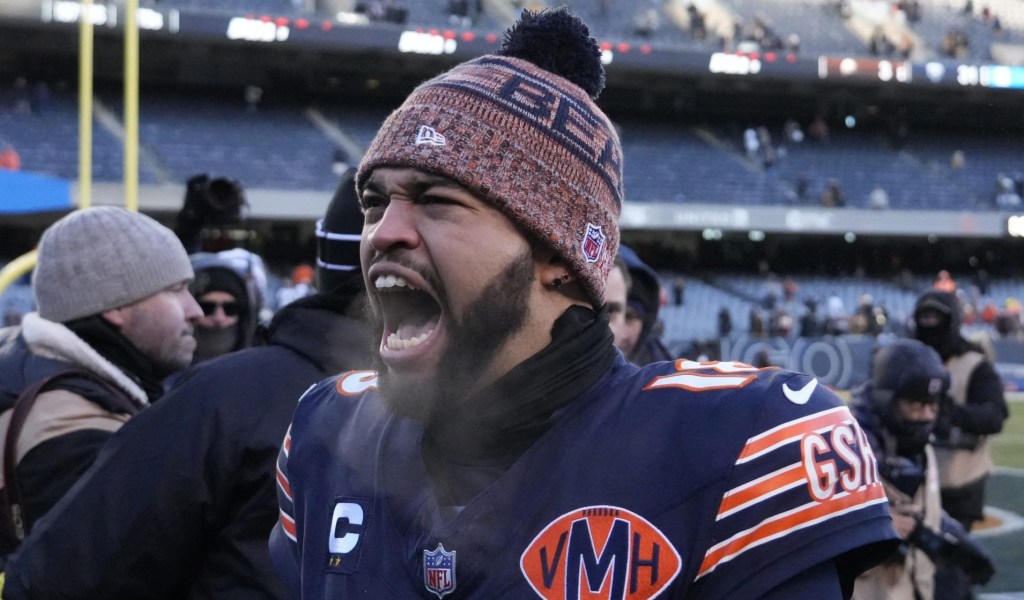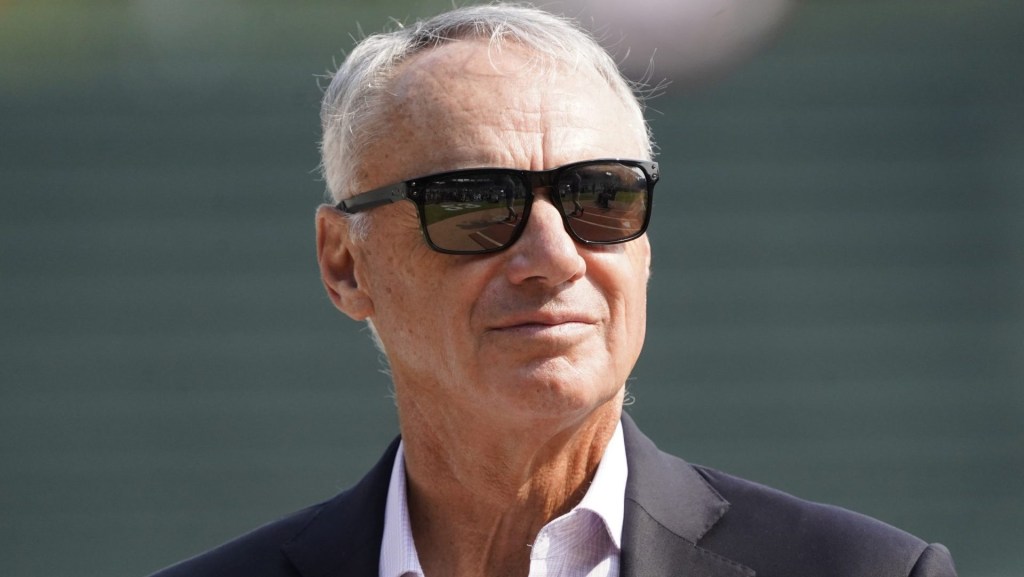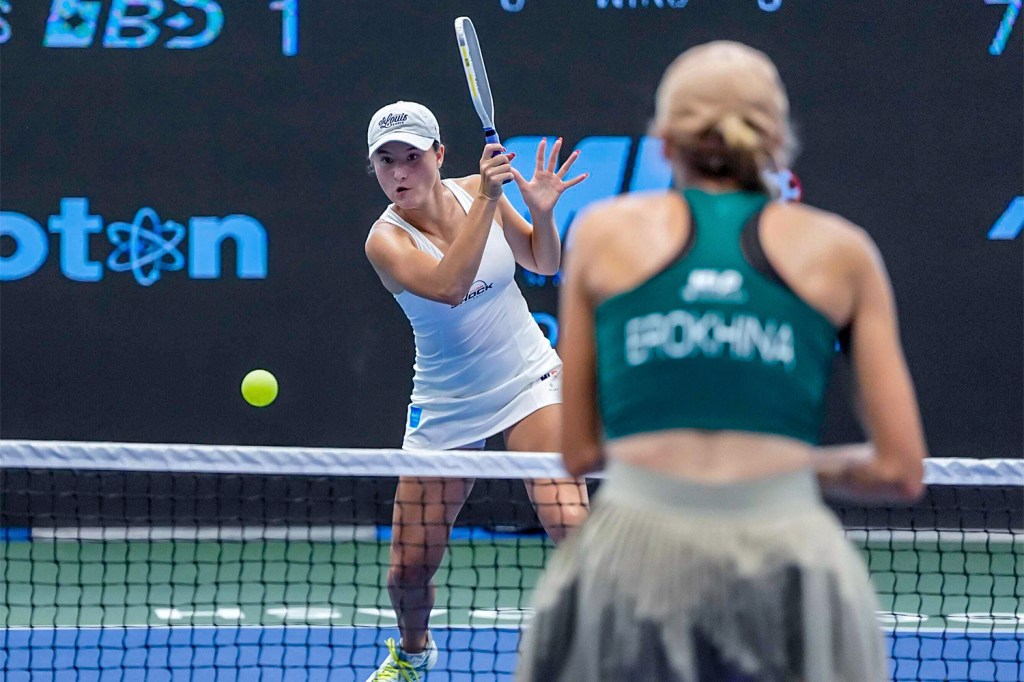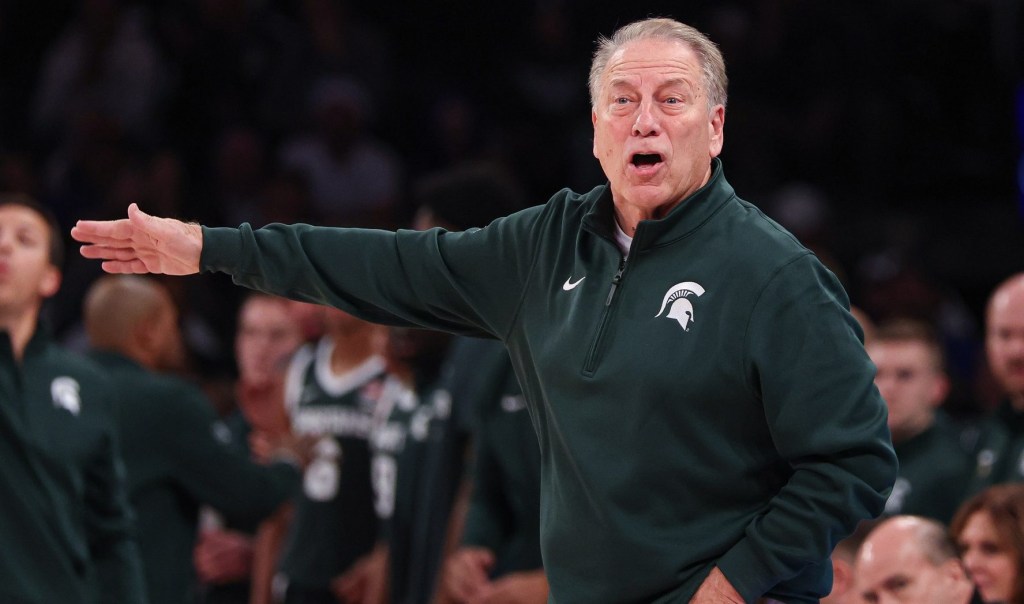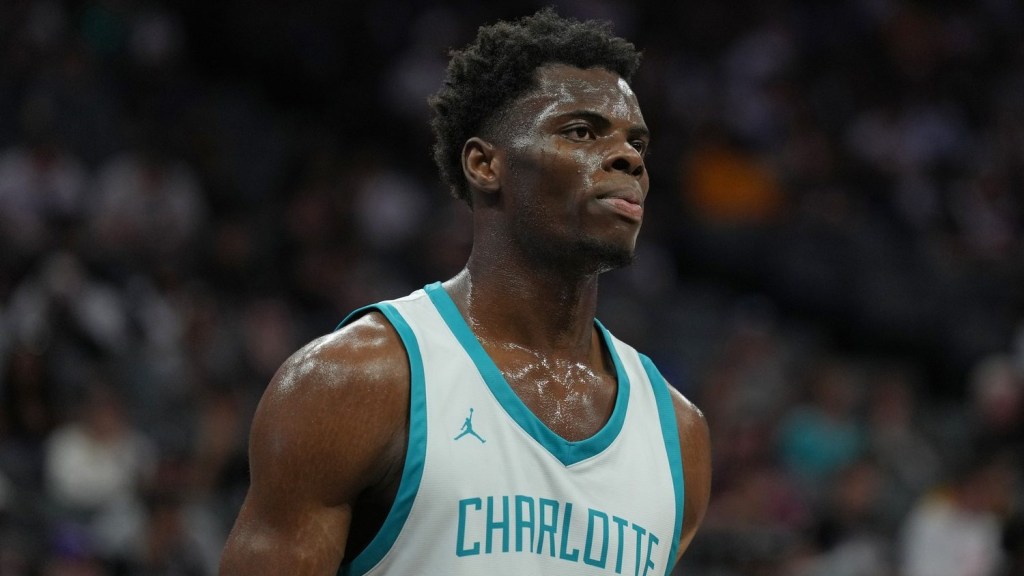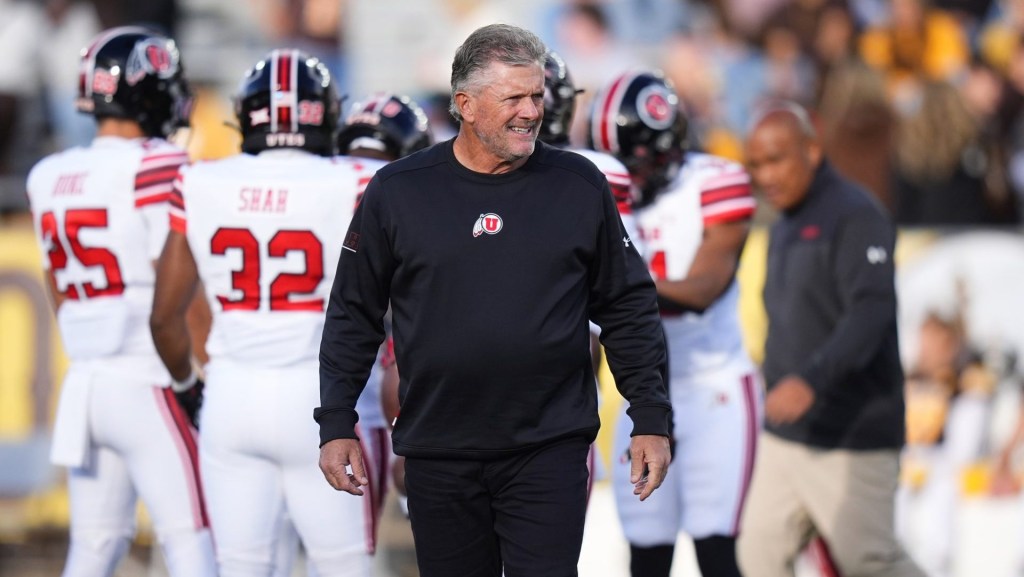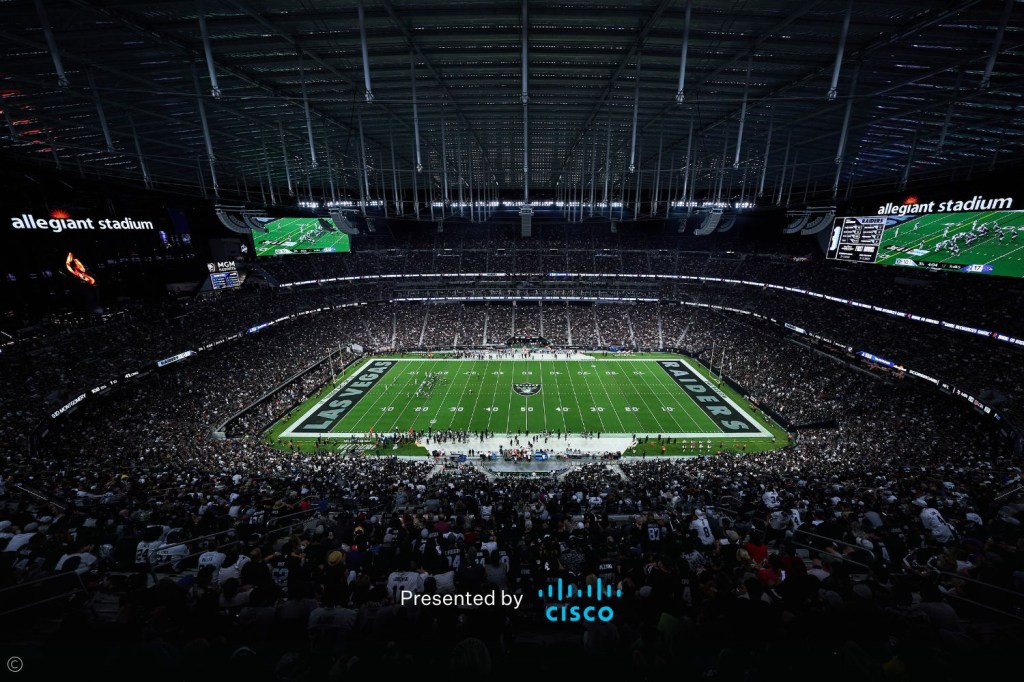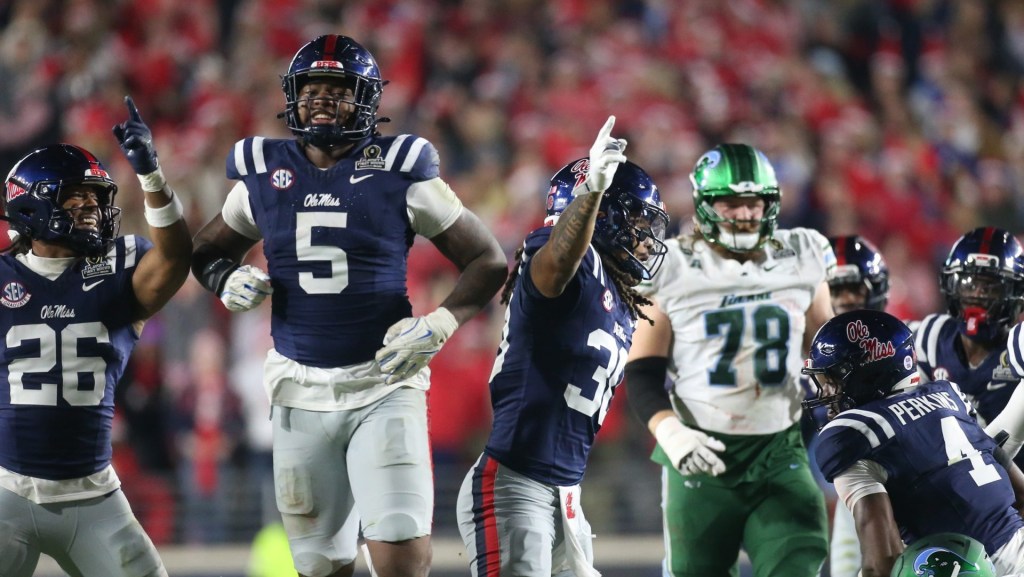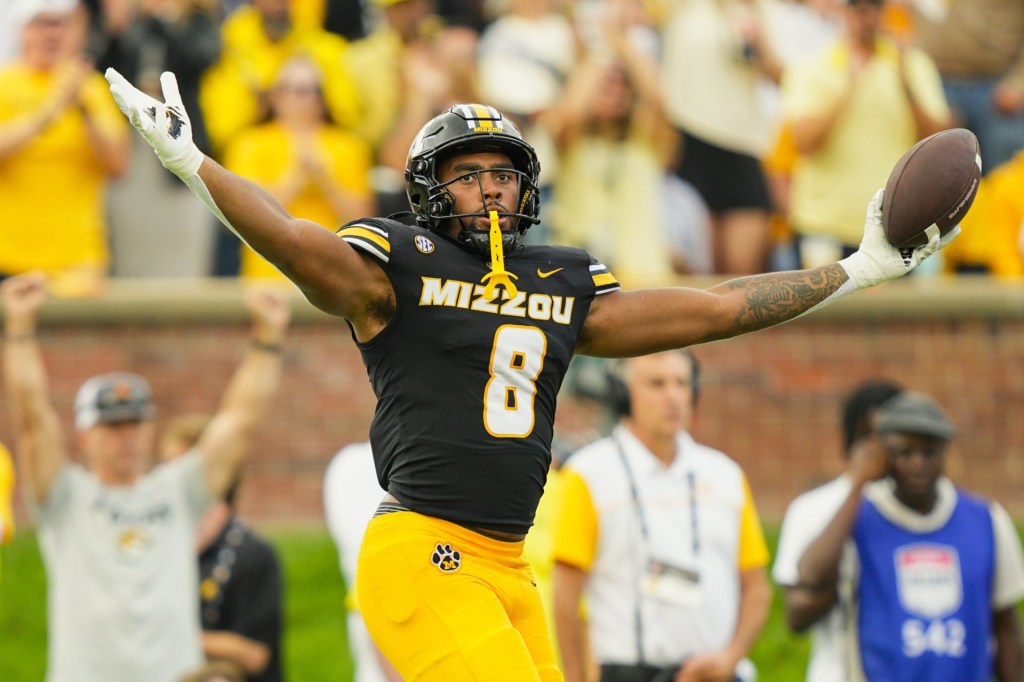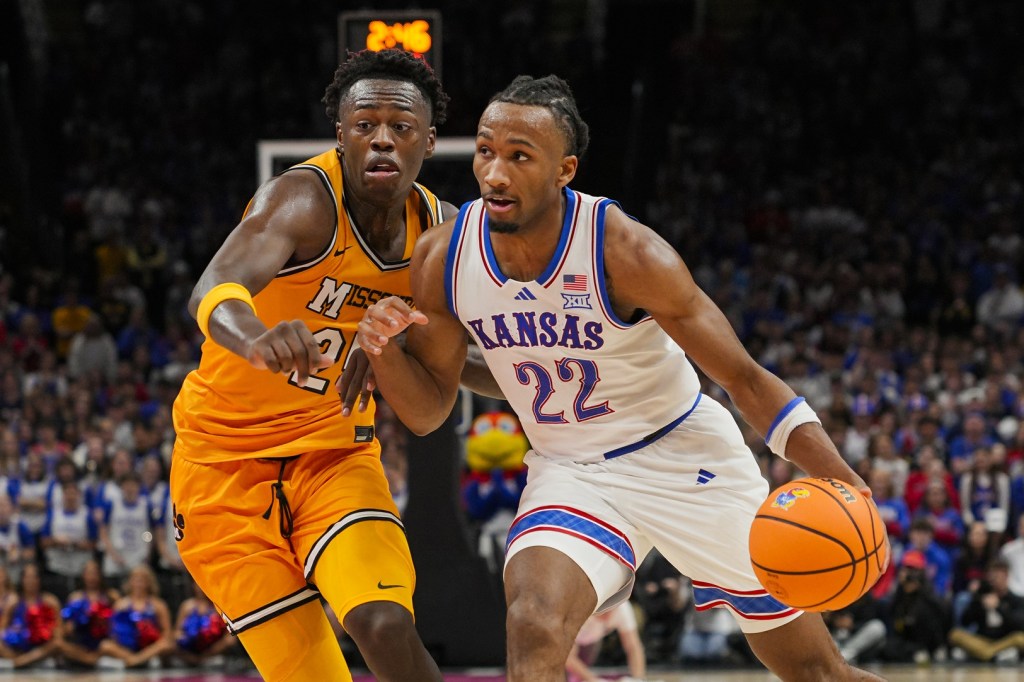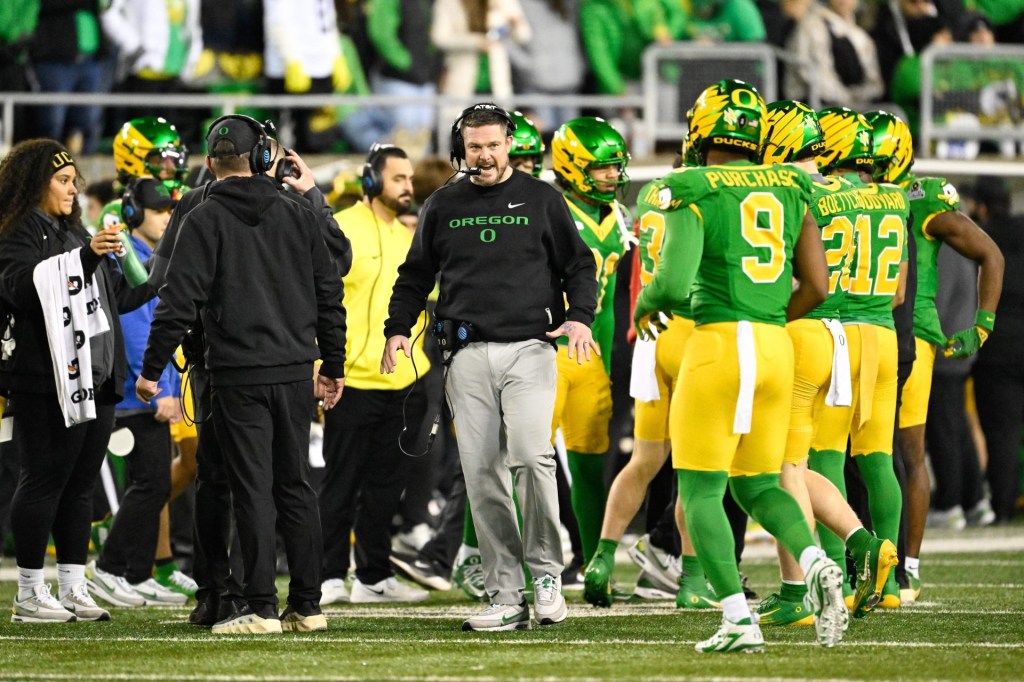The expanded College Football Playoff isn’t the only thing that’s evolved in the sport’s shifting landscape.
Non-CFP bowl games, which are being played throughout the holiday season, continue to mark new territory by paying some participating players via NIL (name, image, and likeness) deals.
The Cheez-It Citrus Bowl recently announced NIL deals, via the game’s title sponsor, for the starting quarterbacks of both teams playing in the Dec. 31 matchup in Orlando. South Carolina freshman LaNorris Sellers and Illinois junior Luke Altmyer are the lucky duo cashing in. Financial details were not released.
While neither Sellers nor Altmyer were major candidates to opt out of their bowl game—a common practice for NFL Draft prospects and transfer portal players these days—the growing influence of NIL deals could keep some bowl games more relevant by retaining star players. Last year, Cheez-It was one of several snack brands that made a profitable mark with wild activations around bowl sponsorships.
Players from Miami (Ohio) and Colorado State are also set to receive NIL deals around their clash in the Snoop Dogg Arizona Bowl presented by Gin & Juice by Dre and Snoop (try saying that three times fast) on Saturday. In May, after taking over as the game’s new title sponsor, the rapper announced he had lined up several sponsors to fund NIL pacts for this year’s bowl game. Specifics of those NIL deals have yet to be made public.
NIL deals at bowl games are required to be a shared initiative between the bowls, the participating institutions, and their conferences. Traditionally, bowl games pay participation fees—sometimes several million dollars for premier games—to each school’s conference. That money could be shared with players directly, though, Bowl Season executive director Nick Carparelli previously told Front Office Sports.
“If the conferences and the universities were to tell the bowl games, ‘Hey, we would like these payments to go directly to the student-athletes through NIL,’ then that would be very easy for the bowl games to execute,” said Carparelli, whose organization oversees more than 40 bowl games each year.
